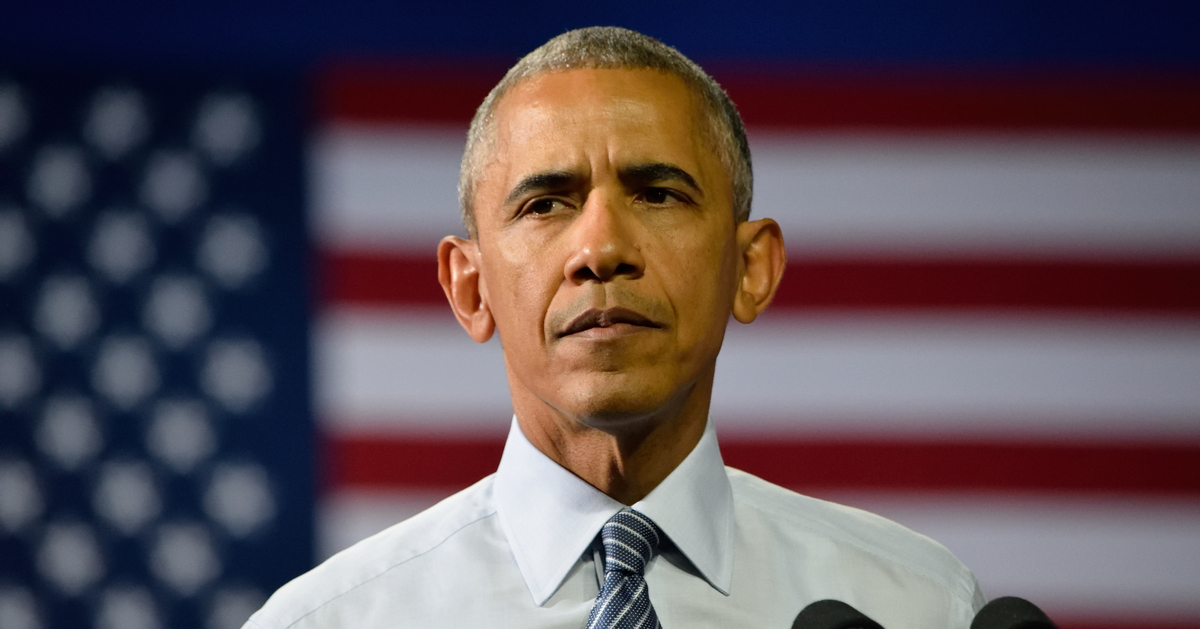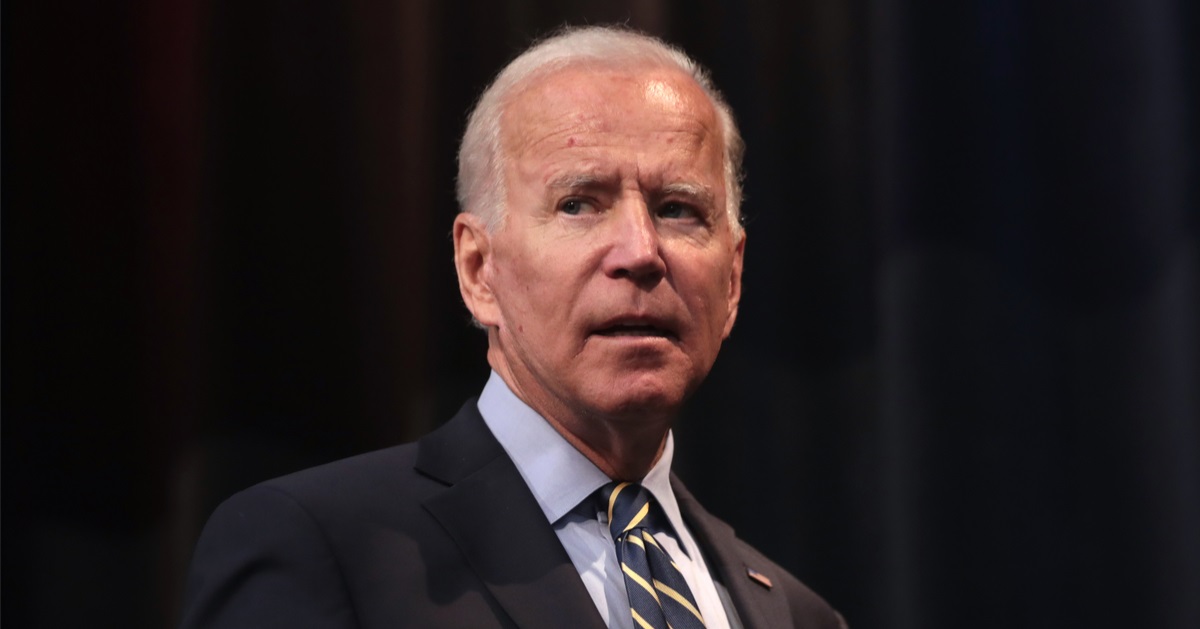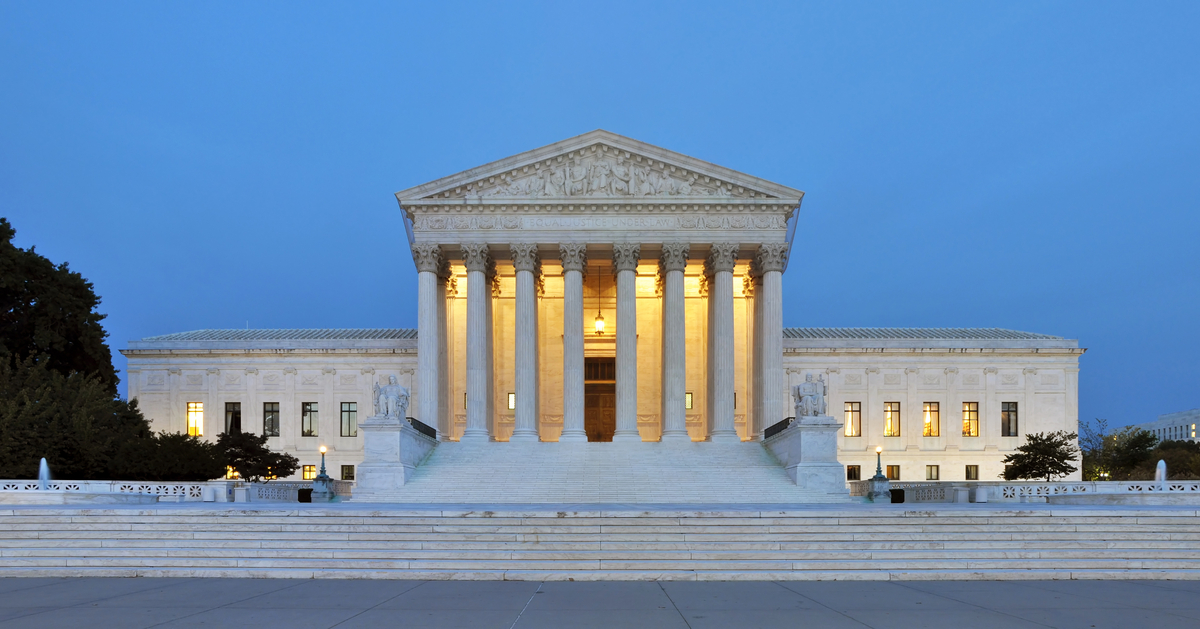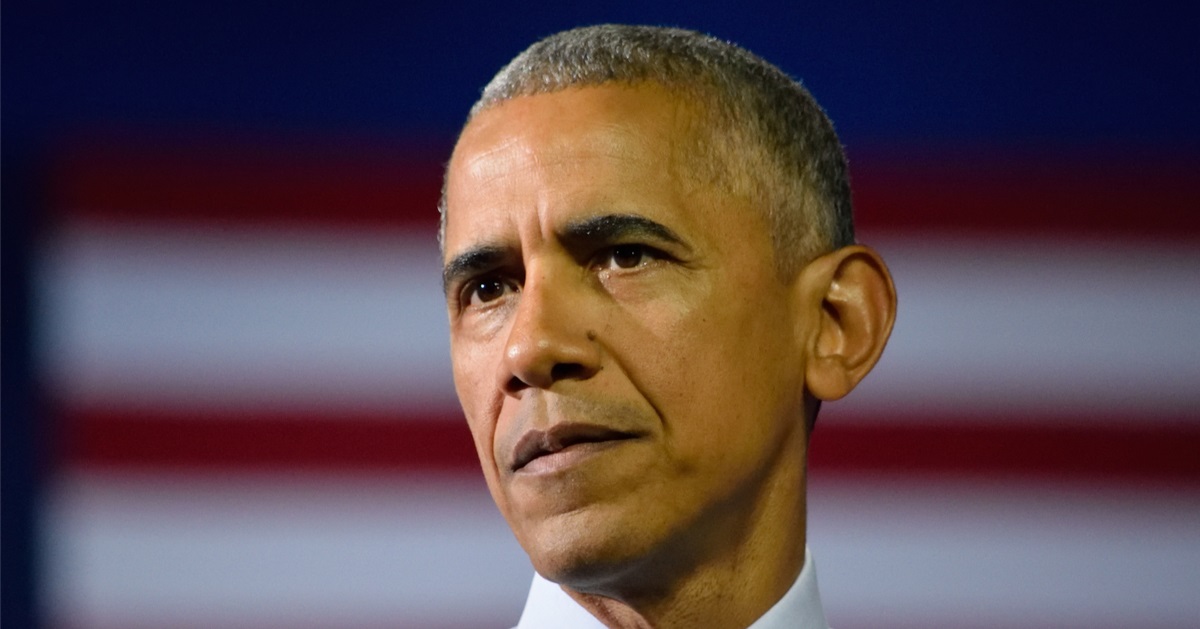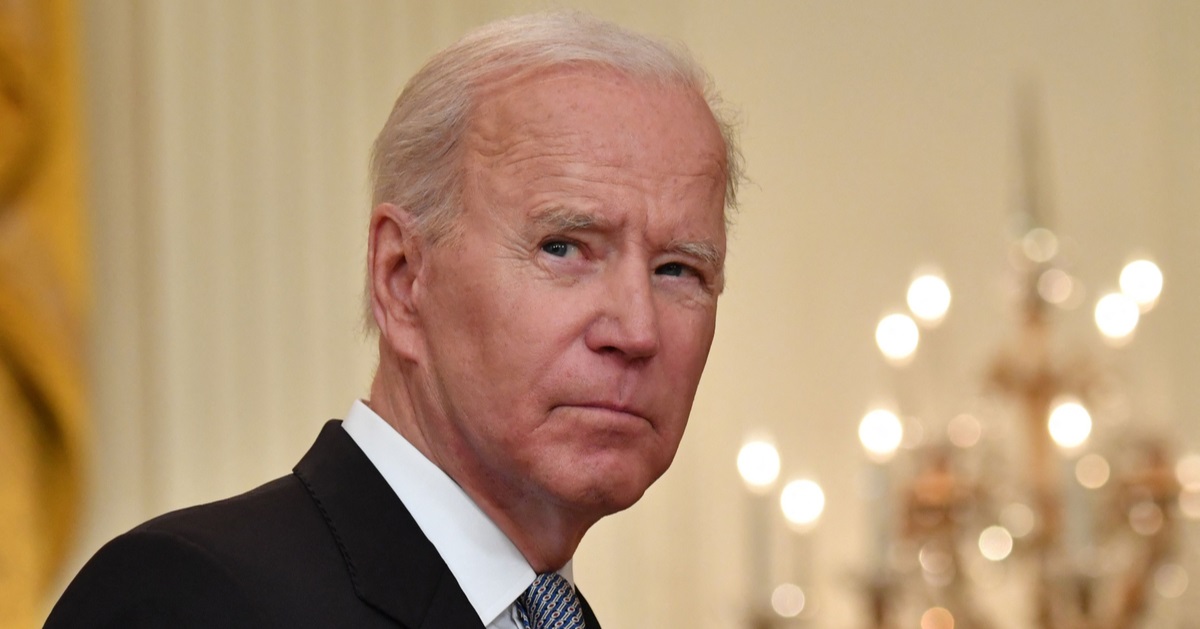Arkansas Supreme Court dismisses challenge to election integrity reforms
Last March, the League of Women Voters of Arkansas filed a lawsuit which sought to have multiple pieces of election-related legislation overturned.
However, the Arkansas Supreme Court ruled this past Thursday that the lawsuit needed to be reversed and dismissed.
Laws concern voter ID, absentee ballots, and standing in front of a polling station
According to the Arkansas Advocate, the case concerned Act 249, 728, 736, and 973, four laws which were passed following the 2020 presidential election.
The Arkansas Supreme Court on Thursday reversed a lower court’s ruling and dismissed a lawsuit challenging the constitutionality of four election-related laws approved by the state Legislature in 2021.https://t.co/4qWfiq9TDb
— Arkansas Advocate (@ArkAdvocate) May 16, 2024
Act 249 tightens photo ID requirements for those casting provisional ballots while Act 736 mandates that county clerks use a voter's registration application to verify the signature on an absentee ballot application.
Act 973 changes the deadline by which an in-person absentee ballot must be delivered to a county clerk's office from the Monday before election day to the close of business hours on the preceding Friday.
Meanwhile, Act 728 bars people from entering or remaining within 100 feet of a polling site's entrance unless they are "entering or leaving the building where voting is taking place for lawful purposes."
Laws "are not clearly incompatible with the sections of the Arkansas Constitution"
The state Supreme Court's majority opinion was authored by Associate Justice Cody Hiland, a former U.S. attorney who was appointed by Republican Gov. Sarah Huckabee Sanders.
Hiland joined the state's highest judicial body after 70-year-old Associate Justice Robin French Wynne passed away in June of last year.
He wrote, "We hold that the Acts are not clearly incompatible with the sections of the Arkansas Constitution as alleged by the Appellee; thus, we reverse and dismiss."
The Advocate noted that to support this conclusion, Hiland pointed to the holding which was laid out in Burdick v. Takushi.
"The right to vote in a particular manner is not guaranteed"
It provides that "the right to vote is the right to participate in the electoral process that is necessarily structured to maintain the integrity of the democratic system."
Hiland thus maintained that "while the right to vote has been held to be fundamental, the right to vote in a particular manner is not guaranteed."
Hiland was joined in the opinion by Chief Justice Dan Kemp as well as Associate Justices Barbara Webb and Shawn Womack. No dissenting opinions were published.


